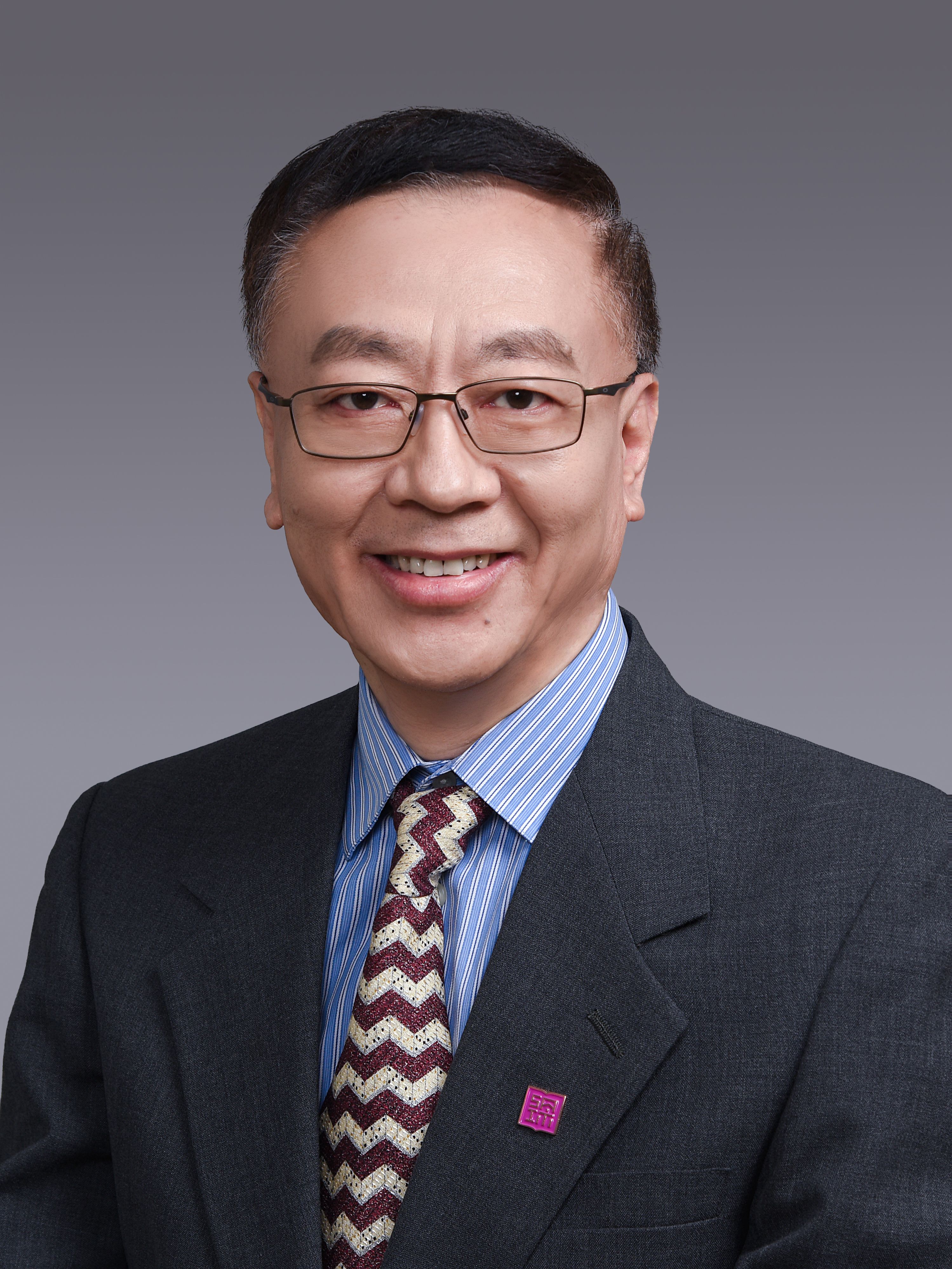


Lab Features



Lab Achievements



Lab Training

I. Genes and Genomics of Autoimmune Inflammation. A major goal of Dr. Chen’s research program is to understand the molecular mechanisms of inflammatory diseases (such as multiple sclerosis and type 1 diabetes) and to find a cure for these diseases. Although the etiological factors that trigger these diseases vary, the common pathological outcome of autoimmune diseases is the destruction of self-tissues by activated lymphoid and myeloid cells through a process called autoimmune inflammation. Development of autoimmune inflammation requires coordinated expression of myriad genes that mediate the activation, migration and effector functions of inflammatory cells. These include genes that encode antigen receptors, costimulatory molecules, cytokines, chemokines, and cytotoxic enzymes. To explore the spectrum and global patterns of gene expression during autoimmune inflammation, Dr. Chen’s laboratory has performed functional genomic studies of autoimmune inflammation in the central nervous system (CNS). Inflammation in the CNS not only induced the expression of many immune-related genes, but also significantly altered the gene expression profile of neural cells. A number of unique clusters of genes were identified which represent putative immune and nervous responses in autoimmune inflammation. Using models of inflammation, Dr. Chen and colleagues are exploring the physiological and pathological roles of the following genes: the Rel/nuclear factor (NF)-kB family, microRNA-21, and Pdcd4. The following questions are being examined: 1) What are the roles of these genes in the activation, differentiation, and effector function of inflammatory cells following antigen or Toll-like receptor activation? 2) What are the roles of these genes in the death of lymphoid cells, myeloid cells, oligodendrocytes and pancreatic beta cells?
II. Inflammation, Cancer, and the TIPE Family. The connection between cancer and inflammation is widely recognized, yet the underlying molecular mechanisms are poorly understood. By genomic profiling of inflamed tissues, Dr. Chen and colleagues discovered in 2002 three members of the TIPE (TNF-alpha-induced protein 8-like) family. They have since crystallized two of them and generated mice deficient in three of them. They discovered that TIPE family plays crucial roles in both inflammation and cancer, and provides a molecular bridge between inflammation and cancer by targeting signaling molecules shared by them. Dr. Chen and colleagues are investigating the molecular mechanisms of TIPE action in immunity, inflammation, and cancer, and new TIPE-based strategies to treat inflammation and cancer.
III. Immunotherapy and Gene Therapy. Targeting Rel and TIPE genes, Dr. Chen and colleagues are exploring the potential of gene therapy approaches for the treatment of cancer and autoimmune diseases.



